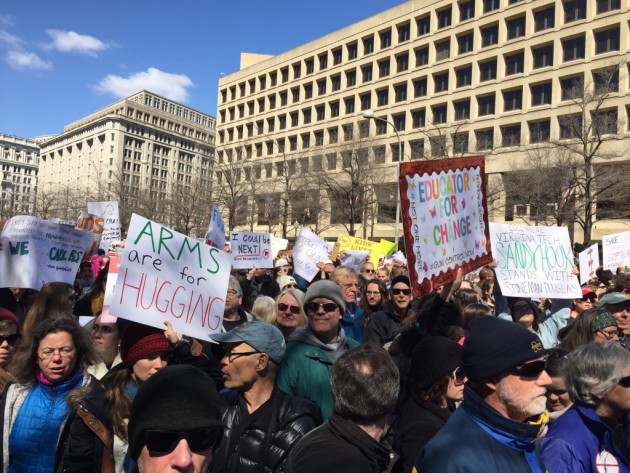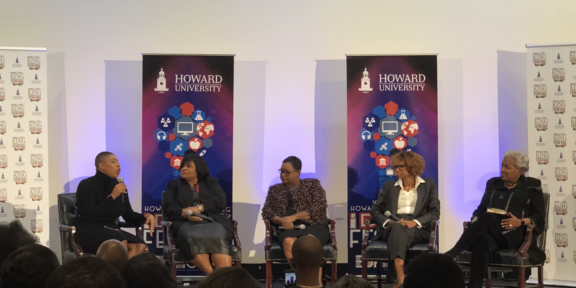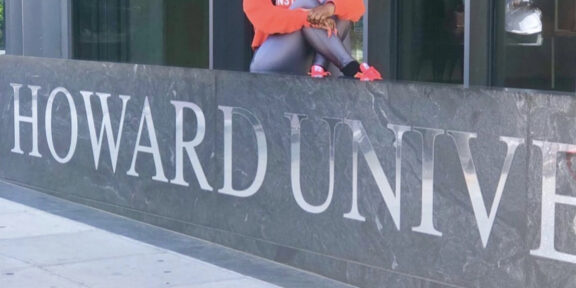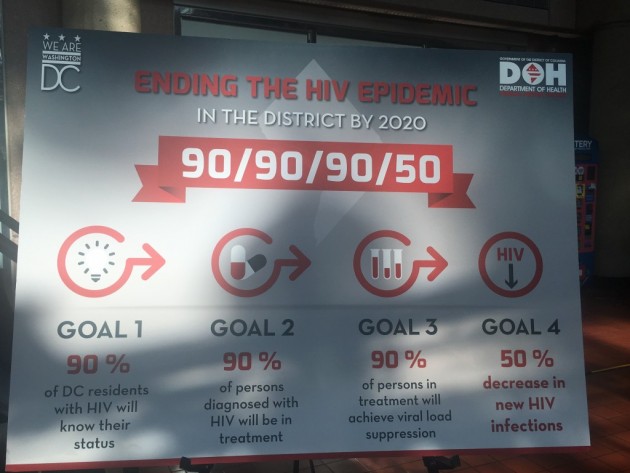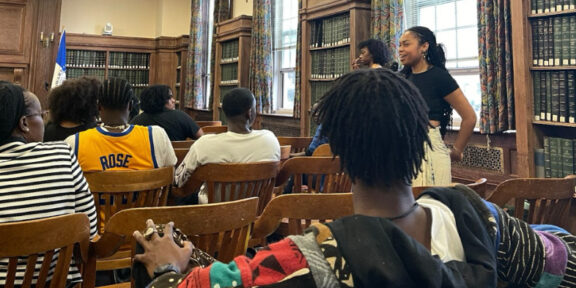WASHINGTON – For Shante Miller, stigma is “an ugly word” that came into her life and stole away her grandmother.
“My grandmother passed due to AIDS-related complications in 1996 when I was in ninth grade,” Miller, a consultant for HIV/AIDS in Philadelphia told a crowd that had gathered to talk about the impact of the shame associated with the disease, “and it was because of stigma.”
Her grandmother found out she was HIV positive and never told anyone, she said. One day, Miller and family members came home and found her grandmother was sick.
“She was so sick,” she said. “”We didn’t know what was going on. We took her to the doctor and came home without her.
“My grandmother would not go to the doctor, and she would not tell us what was going on with her.”
Miller is one of the millions whose lives have been affected by the shame, the stigma, associated with HIV and AIDS.
The hundreds of people gathered recently at sixth annual Howard University International Conference on Stigma told of how people who are living with HIV have been have been kicked out by their families, threatened and attacked and treated poorly by doctors and health workers.
More than 600 participants packed the Blackburn Center Ballroom for a series of panels and workshops intended to educate physicians, individuals affected by HIV and members of the community. The goal: shattering the stigma associated with HIV and other socially-based stigmas.
Among the speakers at the conference, was Cecilia Chung, an HIV/AIDS activist who found out she was HIV positive six months after being coerced into sex while in jail, and Hydeia Broadbent, who was born with HIV and abandoned as an infant.
“The stigma around HIV shuts down conversation,” Chung told the conference. “We are balancing who we are, with a diagnosis we are given.”
Chung said she had to confront not only HIV stigma but also stigma associated with being a transgendered person. Chung is senior strategist at the Transgender Law Center and the first transgender woman living openly with HIV to chair the San Francisco Human Rights Commission.
During each workshop and panel discussion, attendees met community organizations to learn more ways to confront stigma. Each panelist and speaker made it clear that diagnosis with HIV/AIDS shouldn’t require a person to think that life is over.
The event organized by the Howard University College of Medicine and Howard University Hospital’s Department of Pediatrics and Child Health.
Broadbent began a career as a speaker and AIDS activist at the age of six. She went on to capture the attention of the world from Oprah Winfrey’s couch and the pages of Essence magazine, where she played an important role in humanizing the HIV epidemic in the 1990s.
“In 2015, it is up to us to take our activism to new heights,” Broadbent told the conference. “It is up to us to stay engaged and stay aware.
“I know that everyone doesn’t have the opportunity to be public because they’re facing fear, they’re facing discrimination. So what I encourage you all to do is know that we can be activists in our own way.”
Attendees spoke with panelists, asked questions of physicians, get tested for HIV, as well as share their personal stories with other attendees.
Beatrice Charles, a coordinator for the conference, stressed the importance of hosting this event annually, as well as the effect it had on each person there.
“Often in a hospital, you still face a lot of stigma,” Charles said. “Whether the doctors want to double glove or not necessarily treat a patient, it serves as a reminder to students and professionals that everybody is a person and everybody has a chapter they don’t want read out loud.”

